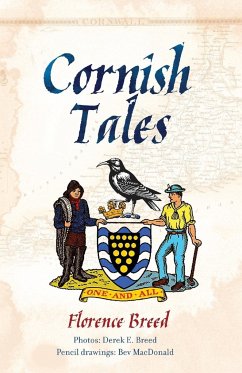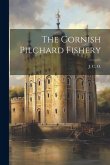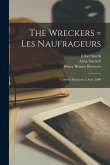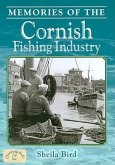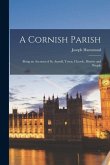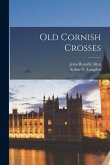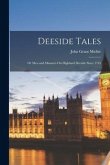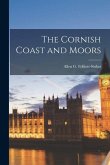Cornwall is cut off from the rest of England by the River Tamar which effectively makes the country an "island". Consequently, its geographical isolation meant that Cornish people developed their own language, food and customs - and regarded the rest of England as they would regard any other foreign country such as France, or Spain. However, there was something particularly unusual which distinguished Cornwall from all other English counties - and that was its unique, immense, subterranean repository copper and tin ores. Unfortunately there was no coal under Cornish soil. For many centuries, even as far back as the time of the great Roman Empire, foreign ships arrived in Cornwall to take away its tin. There is an ancient legend (concerning the "Hidden Years" of Christ's boyhood) which says that Jesus actually visited Cornwall with his uncle who was the wealthy merchant named Joseph of Arimathea. Jews came to Cornwall to trade for the precious metal and that is why smelting-houses near the tin mines were known locally as "Jew's Houses" even up to the 19th century.
Hinweis: Dieser Artikel kann nur an eine deutsche Lieferadresse ausgeliefert werden.
Hinweis: Dieser Artikel kann nur an eine deutsche Lieferadresse ausgeliefert werden.

